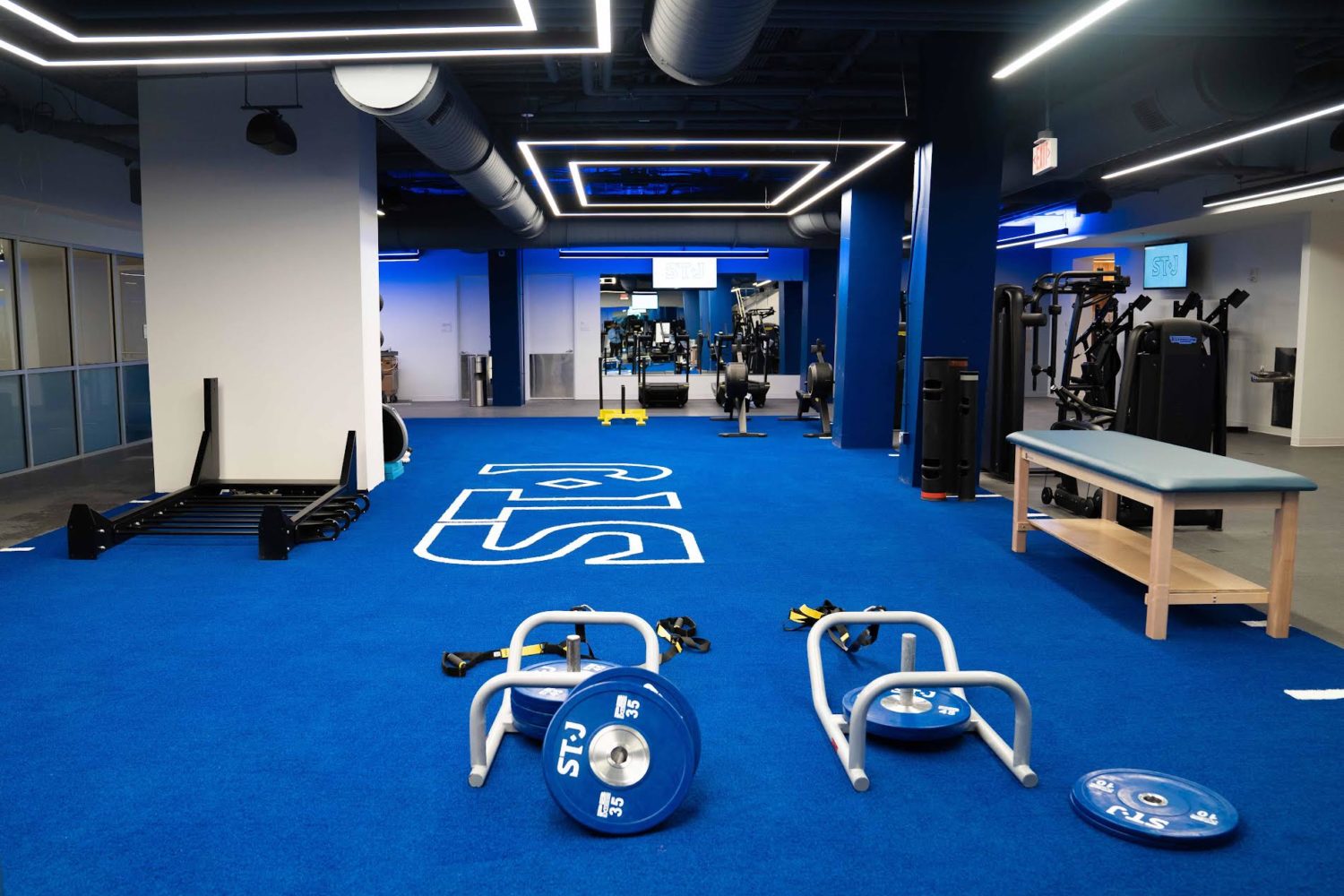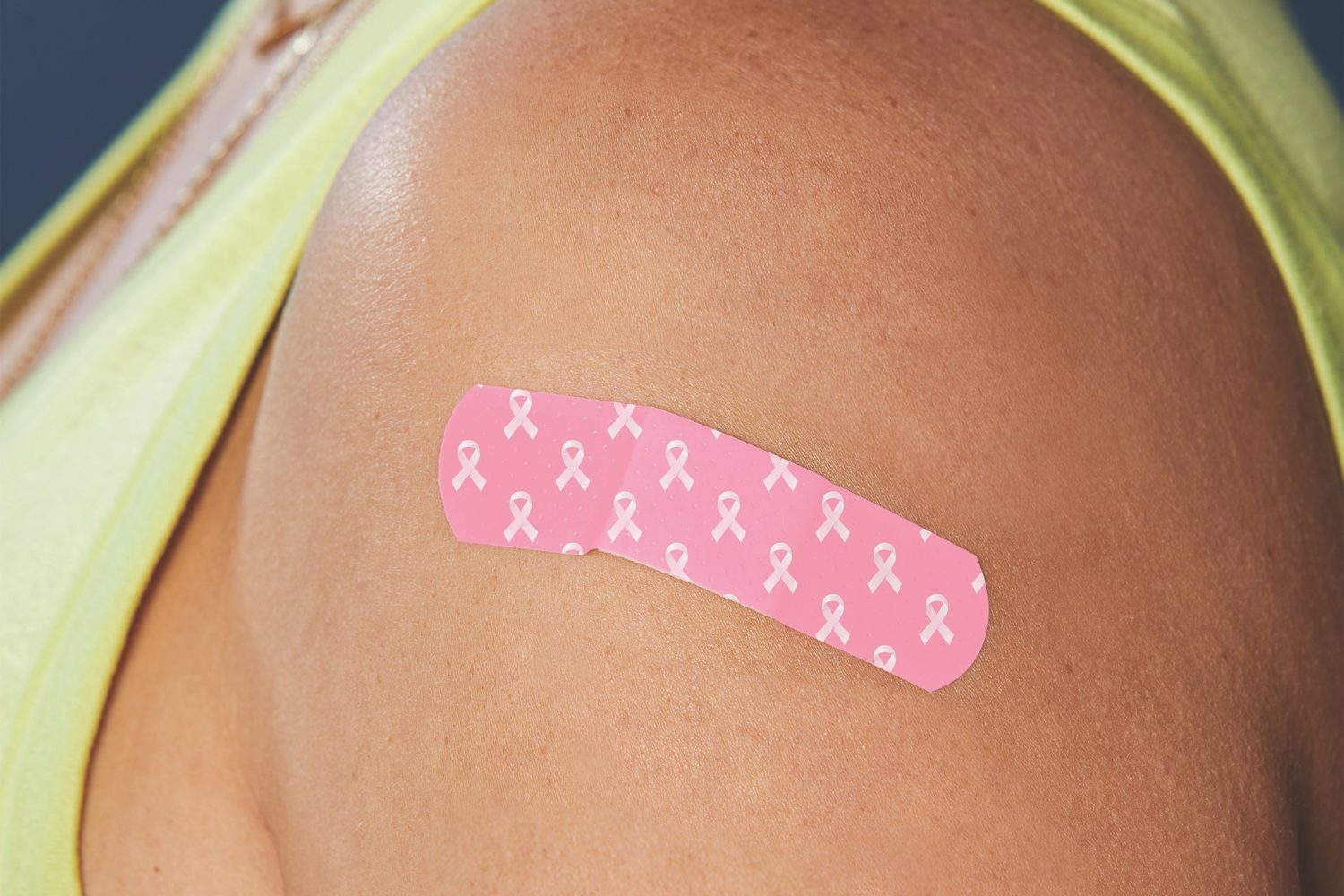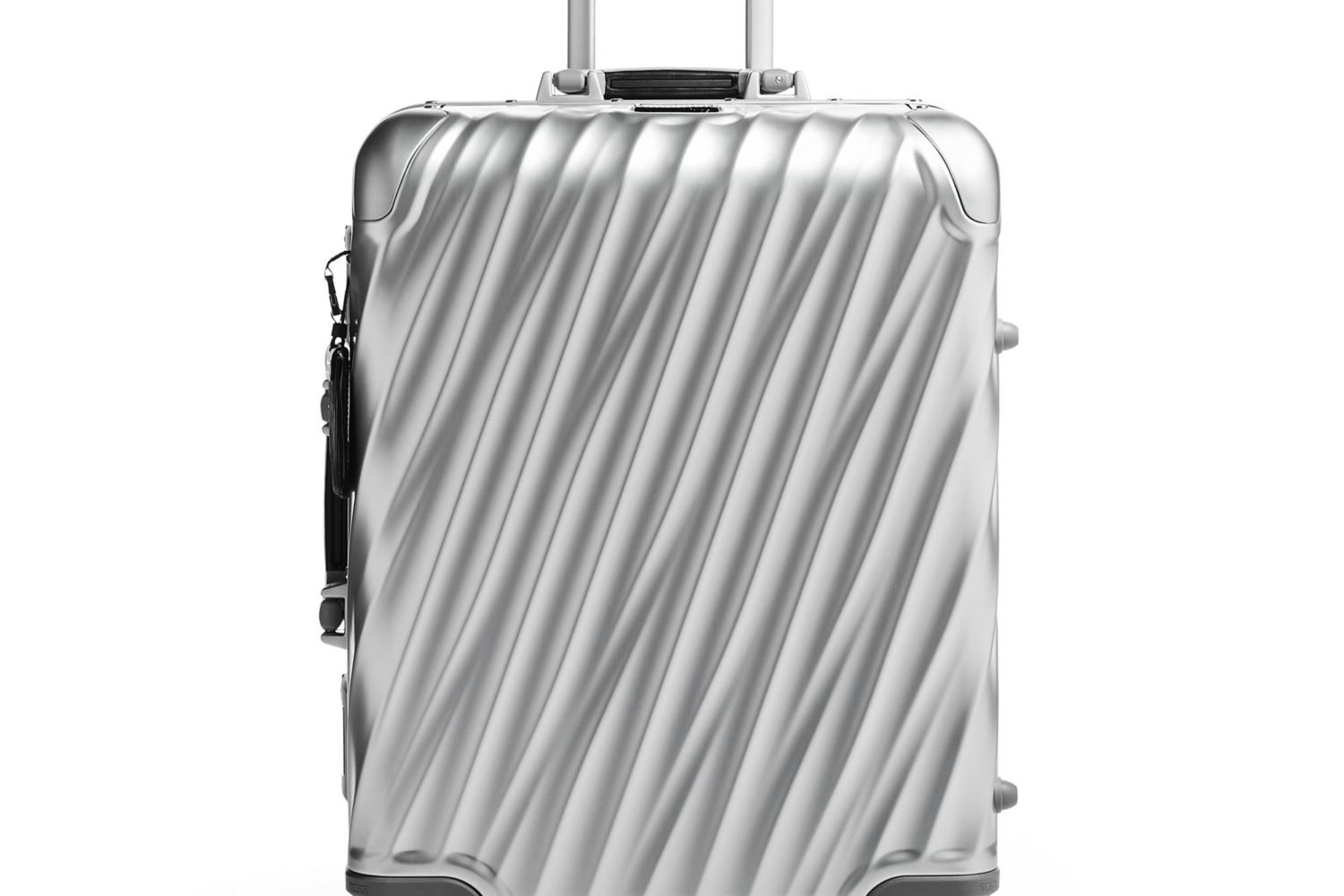Finding a Hypnotherapist
Experts say you should approach finding a hypnotherapist in much the same way you would choose a physician: You want to find someone you can trust and who has the proper training and credentials. Your doctor or psychologist may be able to provide recommendations.
The highest credential a hypnotherapist can earn is certification from one of the various boards, such as the American Board of Medical Hypnosis, the American Board of Psychological Hypnosis, the American Hypnosis Board for Clinical Social Work, or the American Board of Dental Hypnosis.
But many good hypnotherapists choose not to get board-certified because the process is expensive and isn’t required for practice, says Daniel Handel, director of the Palliative and Hospice Medicine Fellowship at the National Institutes of Health.
Handel suggests looking for someone who is a member of a professional society of hypnosis. A good place to start searching is the American Society of Clinical Hypnosis (asch.net), which lists practitioners it has certified as members.
Handel also says you should choose someone who, in addition to being certified in hypnosis, holds a license in another health-care field, such as psychology, counseling, psychiatry, medicine, social work, or nursing. That way, if hypnosis doesn’t work for you, the clinician can provide other treatments.
That principle is what can help smokers quit. Harnessing someone’s imagination can be very powerful, Mallet says. He typically devotes three sessions to quitting and encourages patients to see smoking as a poison and to view a healthy body as vital to life. According to Mallet, the same can be done for people who want to lose weight. He has them imagine themselves thinner, eating the right portions of healthful food.
Hypnosis is also effective for pain management, says Paul van Ravenswaay, a DC psychiatrist who treats patients with chronic pain.
“Pain is a sensory experience analogous to hearing and sight,” van Ravenswaay says. “In hypnosis, you can learn to ignore discomfort by focusing instead on a pleasant scene or perhaps a time in life before the painful condition. Or the discomfort could be experienced as a different, more tolerable sensation such as warmth, pressure, or perhaps on the skin instead of deeper inside the body.”
For Beatrice Bowie, 60, mind over matter is a matter of survival. Most of her life, she has coped with pain from sickle-cell anemia and rheumatoid arthritis. The pain occurs as sickle-shaped cells pass through her blood vessels. “My heart beats so fast,” she says. “It’s like a migraine all over my body.”
Bowie is often tired because sickle cells break down more easily, leaving her body short of red blood cells, or anemic. One morning, she woke to see only black and red. The blood vessels around her eyes were clogged with the sickle-shaped cells.
“The disease causes so many problems,” she says. “Before I started hypnosis, I couldn’t cope with it. It was so hard. I can’t go out with friends if I have a pain crisis. The disease takes so much away from you.”
Handel, at NIH, has taught Bowie self-hypnosis. “Whenever I am having a crisis, I put the earphones on and listen to music,” she says. “It relaxes me. I listen to a lot of music and sounds of the beach. I hear seagulls and waves. I go back to the days when I was happy.”
Everyone should tap into those good places, says Elvira Lang, a former associate professor of radiology at Harvard Medical School. Lang started a company called Hypnalgesics to train medical teams to use hypnotic suggestion to change anxiety and pain. “How can this save health-care dollars?” she says. “Less pain, less anxiety, fewer complications.”
With a grant from NIH, Lang hopes to show how hypnosis can help patients getting MRIs. Of the millions who receive MRIs each year, about 2 percent become claustrophobic and can’t continue, which Lang says drives up costs.
“It’s a pretty radical idea that you should talk to your patients,” she says. “There has been so much emphasis on technology and the misunderstanding that talking takes so much time. When people don’t know how to express their empathy, they aren’t helpful. We have to help patients help themselves.”
Judith Thomas, a dentist in Centreville, says word choice makes a difference, too. Take the word “drill”—just hearing that, a patient may avoid an appointment. “We don’t use the word ‘pain.’ We use the word ‘comfort,’ ” she says. “We don’t call it treatment. We say we are going to restore the tooth. We don’t go into detail like ‘We are cutting the gum.’ We say, ‘We are going to make you comfortable. This is going to be wonderful. You will finish with a much cleaner mouth.’ ”
And she hypnotizes those who aren’t comfortable in a dental chair: “I ask them, ‘Where would you rather be?’ ” she says. “I would rather be in the mountains. I am talking to get them to a certain level, to take them somewhere, and to get them to feel as though they aren’t right here.”
Thomas was traumatized by her childhood experience with a dentist who didn’t believe in numbing the mouth before filling cavities. “I used to be phobic of dentists, even after dental school,” she says. “I made it my mission that no one would have a bad experience. A huge part of practice is people with dental phobias.”
I just finished another session with Mallet’s CD. Each time now, as soon as my eyes shut and I hear his voice, I don’t want to leave the beach. I miss it before I get started.
It’s a funny longing. I say I am going to a beach on the coast of Maine, called Popham, where a few years ago my daughter and husband went swimming on Christmas Day. But actually my mind takes me to many beaches: Tsitsikamma in South Africa is a favorite, as is another one in Sayulita, Mexico.
As I walk the beaches, I picture myself calm and stress-free, especially when dealing with my two teenage boys, who often bring out the nail-biting mother in me. I’ve barely raised my voice in weeks. The power of suggestion, indeed.
This article appears in the March 2012 issue of The Washingtonian.


















